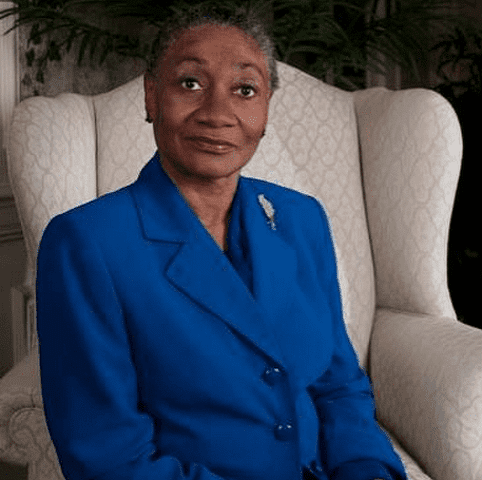Correction: A previous headline and language within this story incorrectly suggested that the Pennsylvania Disciplinary Board had cleared Cynthia Baldwin. A hearing committee issued a report stating it found Baldwin did not violate professional rules of conduct and recommended no action be taken against Baldwin. The recommendation has been filed with the Disciplinary Board of the Supreme Court, but neither the board nor the court is bound to the recommendation and the matter is not yet closed.
A three-member ethics panel on Friday said it found no professional wrongdoing by former Penn State general counsel Cynthia Baldwin in her handling of testimony by former university administrators during the Jerry Sandusky investigation.
In a petition filed by the state’s Office of Disciplinary Counsel in November 2017, Baldwin was accused of violating four rules of professional conduct by leading former President Graham Spanier, Athletic Director Tim Curley and Vice President Gary Schultz to believe she was representing them personally when they appeared before a grand jury investigating the Sandusky child sexual abuse case.
Baldwin was accused of violating those rules by failing to explain potential conflicts of interest then talking to prosecutors and a grand jury about her conversations with the three men.
The committee oversaw a hearing in May before issuing its opinion on Friday.
“We find that she investigated and properly disclosed the potential conflict in the interests of the individual employees and PSU and that they effectively consented to a joint representation,” the panel wrote in recommending to the state Supreme Court that the ethics case be dismissed.
The Office of Disciplinary Counsel can still file exceptions to the report. The committee’s recommendation does not bind the Disciplinary Board or the state Supreme Court, which ultimately have final say in whether to dismiss the case, reprimand or sanction. Both parties can request oral arguments to the Disciplinary Board and the Supreme Court.
Baldwin was alleged to have violated rules of conduct requiring attorneys to provide competent representation to their clients; to not reveal information relating to representation of a client; to not represent a client if it involves a concurrent conflict of interest; and to not engage in conduct that is prejudicial to the administration of justice.
Curley, Schultz and Spanier each said they believed Baldwin was representing them personally when they were called to appear before the grand jury in 2011. But Baldwin said she told the administrators she could not represent them if their interests and those of the university were in conflict.
The panel found that Baldwin did seek to ensure that there was no conflict between their interests and those of the university, and that it is common for general counsel to represent an employee and a university if there is no conflict.
Baldwin did not adequately inform the administrators that she represented them as employees and not as private individuals, the panel found, but that alone was not incompetent representation.
Each of the former administrators faced a slew of charges related to their handling of an allegation against Sandusky and their testimony to the grand jury. But in 2016 the state Superior Court dismissed all charges related to alleged false statements by Curley, Schultz and Spanier because, the court found, they were effectively denied counsel when testifying and that Baldwin’s testimony to the grand jury about her conversations with them were improper.
Baldwin countered that former Dauphin County Judge Todd Hoover, who was fact-finder for the matter, held that her conduct complied with professional rules. The hearing panel wrote that the Superior Court never heard directly from Baldwin.
The panel wrote that Baldwin’s testimony to the grand jury was protected because she was facing criminal allegations that she was part of an alleged cover-up by the administrators and her testimony was the only way to rectify ‘the use of her services in the crime of obstruction of justice.’
Baldwin says that the three administrators led her to believe they had no knowledge of sexual abuse accusations against Sandusky prior to notice of an investigation by the state attorney general’s office. The disciplinary panel wrote that Baldwin had no indication when she determined that there was no conflict of interest that the three men may have been lying to her.
Curley and Schultz both pleaded guilty in 2017 to one misdemeanor count to endangering the welfare of a child. Spanier was convicted on the same count after a trial and found not guilty on a felony conspiracy charge and another child endangerment charge. He is continuing to appeal the conviction.
Sandusky, who maintains his innocence, was convicted in 2012 on 45 counts related to child sexual abuse.



